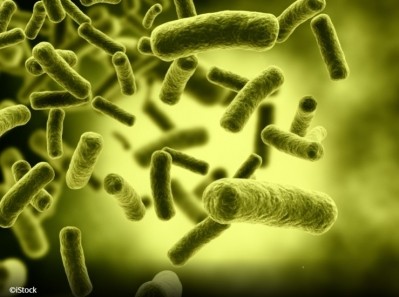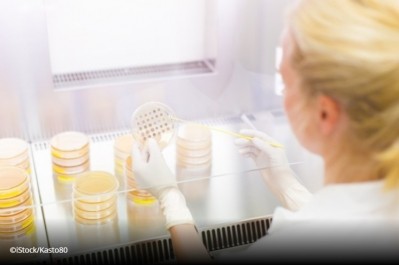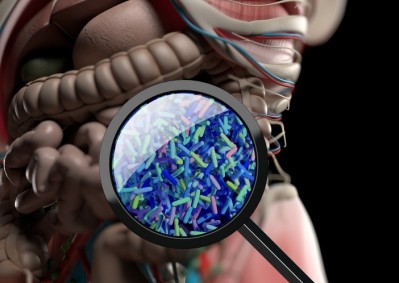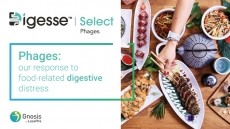Faecal microbiota transplants restore chemo-damaged gut microbiome, says Maat Pharma
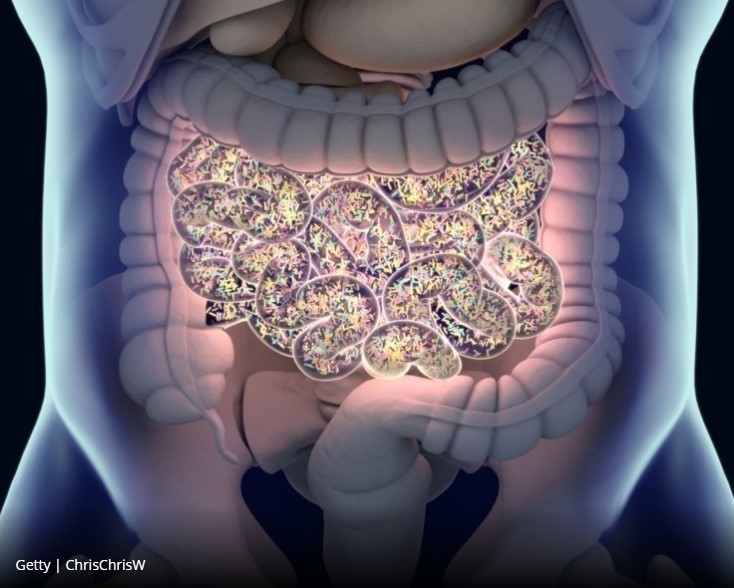
Details published in Nature Communications reveals the firm’s MaaT011 product effectively reversed the gut microbiota dysbiosis observed after chemotherapy and antibiotic treatment to tackle AML.
“The results from the ODYSSEE study are profound because they suggest that restoring a functional gut microbiome ecosystem in heavily pre-treated acute myeloid leukemia patients can improve their outcomes,” says Dr Mohamad Mohty, Professor of Haematology at Sorbonne University and senior corresponding author of the Maat Pharma-sponsored study..
“It is also impressive that MaaT011 treatment could likely reduce the risk of GvHD in the patients that received stem cell transplantation compared to standard expectations in this population.”
The ODYSSEE phase II single-arm, multicenter study enrolled 25 AML patients, who were treated with intensive chemotherapy and antibiotics. They were given an autologous faecal microbiota transfer (AFMT).
After AFMT treatment, α-diversity indices returned to their initial mean levels and the similarity index shows the restoration of microbial communities.
Further findings revealed the reduction of both intestinal inflammation and gut carriage of antibiotic resistance genes.
Lower proinflammatory bacteria numbers
The team observed a restoration of the Clostridiales Lachnospiraceae and Ruminococcaceae after AFMT close to that of the initial level.
Meanwhile, proinflammatory bacteria, such as Enterobacteriaceae and Enterococceae which predominate after chemotherapy, went back to a low level after AFMT.
Follow-up findings also revealed only 17% (3/18) of AML patients receiving MaaT011 and stem cell transplantation (allo-HSCT) developed gastrointestinal-graft-versus-host disease (GI-GvHD).
The condition is a serious complication often resulting in high morbidity and mortality rates of up to 80%, which MaaT scientists suggest MaaT011 potentially provides a long-term protective effect.
The overall survival (OS) rate in the trial was 92% at six months and 72% at two years, which compares favourably with previously published studies in which the two-year OS ranged from 41.9% to 60% in this setting.
“The full results from the study support our premise that a full-ecosystem microbiome therapeutic that can restore the high diversity and richness of the gut microbiota can provide a positive impact for patients with liquid tumours, including possibly in a prophylactic setting,” adds Dr John Weinberg, Chief Medical Officer of MaaT Pharma.
Along with MaaT011, MaaT Pharma’s full-ecosystem microbiome therapeutic includes the candidates MaaT013 (enema) and MaaT033 (oral) – biotherapeutics also pooled-from-healthy-donors’ microbiome.
“We recently announced positive results for MaaT013 from our Phase 2 HERACLES clinical trial in graft-vs-host disease and our oral formulation,” adds Dr Weinberg.
“MaaT033, is currently being evaluated in a Phase 1b clinical study in acute myeloid leukaemia patients; we expect to complete that trial in the fourth quarter of this year.”
Reduced microbial diversity
Standard AML treatment involves chemotherapy with or without allogeneic hematopoietic cell transplantation (alloHCT).
Such treatments alter the gut microbiota, characterised by a reduced microbial diversity, a disruption of beneficial bacteria and a rise in pathogens, pathobionts, and multidrug-resistant bacteria (MDRB).
In addition, the use of carbapenems as a chemotherapy choice is associated with four times increased the risk of developing an infection within the following 90 days.
Thus, chemotherapy and antibiotics disrupt the relationship between host and microorganisms and promote conditions involving impaired gut barrier function, uncontrolled immune responses and, potentially, systemic inflammation.
Recent studies have shown a high gut microbial diversity is linked with improved clinical outcome and reduced infectious complications in AML patients.
Faecal microbiota transfers in the case of subsequent alloHCT - treatment-related complications in AML patients, could offer novel therapeutic possibilities.
Source: Nature Communications
Published online: doi.org/10.1038/s41467-021-23376-6
“Malard, F., Vekhoff, A., Lapusan, S. et al. Gut microbiota diversity after autologous fecal microbiota transfer in acute myeloid leukemia patients.”
Authors: Malard, F., Vekhoff, A., Lapusan, S. et al.
